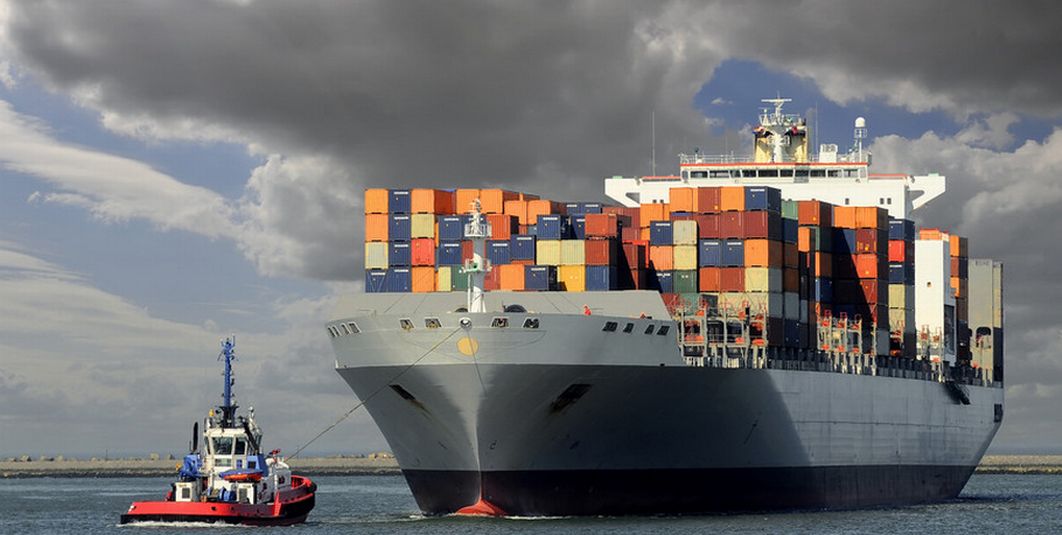A Place for Entrepreneurs to Share and Discover New Stories.
What is the difference between TMS and FMS?
This article aims to provide a comprehensive analysis of TMS and FMS, highlighting their individual functionalities, features, and benefits.
In the realm of logistics and supply chain management, two frequently discussed terms are Transportation Management Systems (TMS) and Fleet Management Systems (FMS). While both play crucial roles in optimizing transportation operations for businesses, it is important to understand the key differences between them. This article aims to provide a comprehensive analysis of TMS and FMS, highlighting their individual functionalities, features, and benefits.

1. Definition
Transportation Management Systems (TMS) are software solutions that help businesses efficiently manage their transportation operations, including planning, execution, and optimization of freight movements. On the other hand, Fleet Management Systems (FMS) refers to technologies designed to organize and streamline the management of a company's fleet of vehicles, including maintenance, tracking, and overall operations.
2. Scope of Functionality
TMS primarily focuses on coordinating and optimizing the movement of goods from one point to another. It includes functionalities such as route planning, load optimization, carrier selection, and freight audit and payment. FMS, on the other hand, has a broader scope and encompasses activities related to vehicle maintenance, driver management, fuel management, and compliance with regulations.
3. Target Audience
TMS solutions are typically utilized by shippers, freight brokers, and third-party logistics providers (3PLs) who need to manage the transportation aspects of their operations. On the contrary, FMS is primarily used by businesses that own and operate their own fleet of vehicles, such as trucking companies, delivery services, and courier companies.
4. Key Features
TMS comes with a range of essential features, including load planning, real-time tracking, freight optimization, carrier connectivity, and performance analytics. FMS, on the other hand, offers features such as vehicle tracking, maintenance scheduling, driver management, fuel monitoring, mileage tracking, and telematics integration.
5. Benefits and Advantages
TMS brings numerous advantages to businesses, including improved operational efficiency, reduced transportation costs, enhanced customer service, increased visibility and control, and better decision-making through data analysis. FMS, on the other hand, provides benefits such as optimized vehicle utilization, reduced maintenance expenses, enhanced driver safety, improved regulatory compliance, and increased productivity in fleet operations.
6. Integration and Compatibility
While both TMS and FMS can be standalone systems, they can also be integrated with other software solutions to enhance overall logistics management. TMS can integrate with warehouse management systems (WMS), enterprise resource planning (ERP) systems, and electronic data interchange (EDI) systems. FMS can integrate with GPS tracking software, maintenance management systems, and telematics platforms.
7. Implementation Considerations
When considering implementing TMS or FMS, businesses need to evaluate factors such as their specific transportation requirements, fleet size, geographical coverage, budgetary constraints, and scalability. It is essential to thoroughly analyze the capabilities and limitations of each system before making a decision.
Conclusion
In summary, while TMS and FMS are related to transportation and fleet management, they have distinct purposes, functionalities, and target audiences. TMS primarily focuses on optimizing freight movements and is used by shippers and logistics providers, while FMS provides comprehensive fleet management features for companies with their own vehicles. Understanding these key distinctions will help businesses choose the right solution to meet their specific transportation needs and achieve operational efficiency in their logistics operations.
